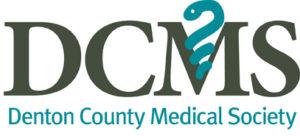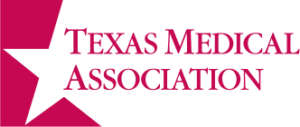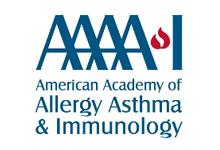 It’s Back to School time again! If your child has allergies or asthma, here are some tips to prepare for the new school year so you can feel confident sending your child off every day to class.
It’s Back to School time again! If your child has allergies or asthma, here are some tips to prepare for the new school year so you can feel confident sending your child off every day to class.
Know the school’s procedures: most area schools require action plans and other forms to be completed before allowing nurse or self-administration of asthma and allergy medications.
Tour the school to identify potential asthma or allergy triggers. Common asthma and allergy triggers in the classroom include dust mites, mold, chalk dust, and animal dander.
North Texas Allergy & Asthma Center has partnered with the Denton ISD and Mylan since 2017 to make sure all Denton schools have epinephrine auto-injector’s for emergency use. Our physicians also conduct an annual training session for the Denton ISD school nurses focusing on management of pediatric allergy and asthma.
Have an allergy action plan at school and talk with your child’s teachers
If your child has asthma or is at risk for life-threatening reactions, including an allergy to food or insect stings, have an up to date action plan completed by your allergist and provide a copy to the school.
Talk with your child’s teachers and other relevant school personnel (such as physical education teachers and sports coaches) about your child’s condition and allergy or asthma action plan. Recess is a favorite time of the school day for most children, but for those with allergies or asthma, it can be a potential trigger for their symptoms.
If your child has allergic rhinitis (hay fever), sign up for regular pollen count email alerts at pollen.com. When levels are high, have your child take their medications as indicated and have your child stay inside if needed.
Children with exercise-induced bronchospasm may have difficulty breathing during physical activities at school. However, it is very important for children to stay active, so work with school staff to develop strategies to keep your child symptom-free while exercising. These may include using a short-acting inhaler 20 minutes prior to exercise and staying well hydrated before, during and after exercise.
Provide medications
Allergy and asthma medications that may be needed for your child at school include antihistamines, inhalers, nebulized medications, or epinephrine auto-injectors. Find out where the medication will be stored and when you send medication to school, make sure it’s labeled, that it hasn’t expired, and that your child and the school nurse know how and when to use it.
Covid -19
Most Independent School Districts (ISD) will operate in-person classes at full capacity for the 2022-2023 school year and as long as local health officials believe the environment is safe for students and staff. Some ISD’s also have virtual options. The ISD’s are in constant communication with their County Health Service, who monitors the health status of County residents on a daily basis. Based on the latest recommendations, most ISD’s have a COVID-19 school decision tree in place based on CDC and County Health Service recommendations.
If COVID-19 or other infectious diseases become prevalent in our community the ISD’s will partner with their County Health Service, operating under their guidance, and adjust their protocols accordingly. Find the latest public health guidance from the Texas Education Agency.
Come see us for help
If your child has allergies or asthma, our board-certified allergists at North Texas Allergy & Asthma Center can help you with your back to school planning. We provide all our patients with up to date action plans for allergic rhinitis, food allergy, anaphylaxis and asthma.
ROSHNI FOSTER, MD, PhD
Board Certified Allergist







